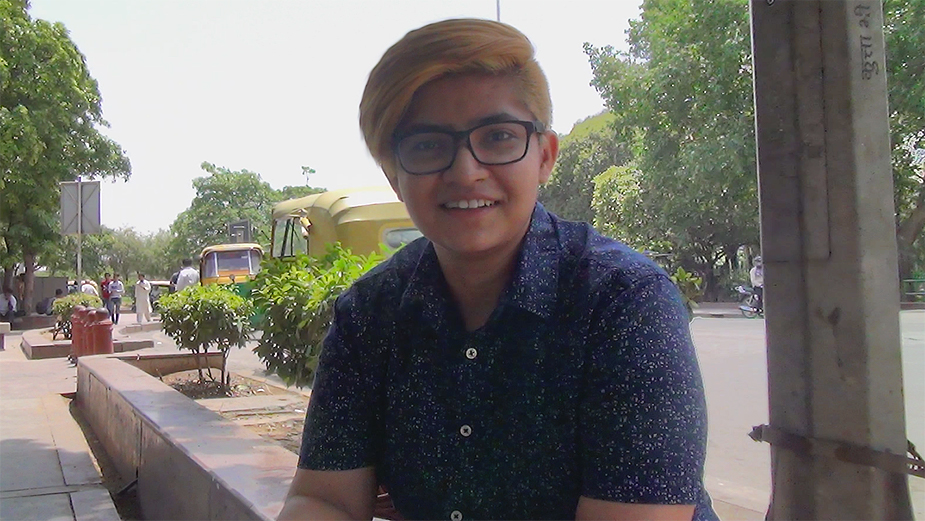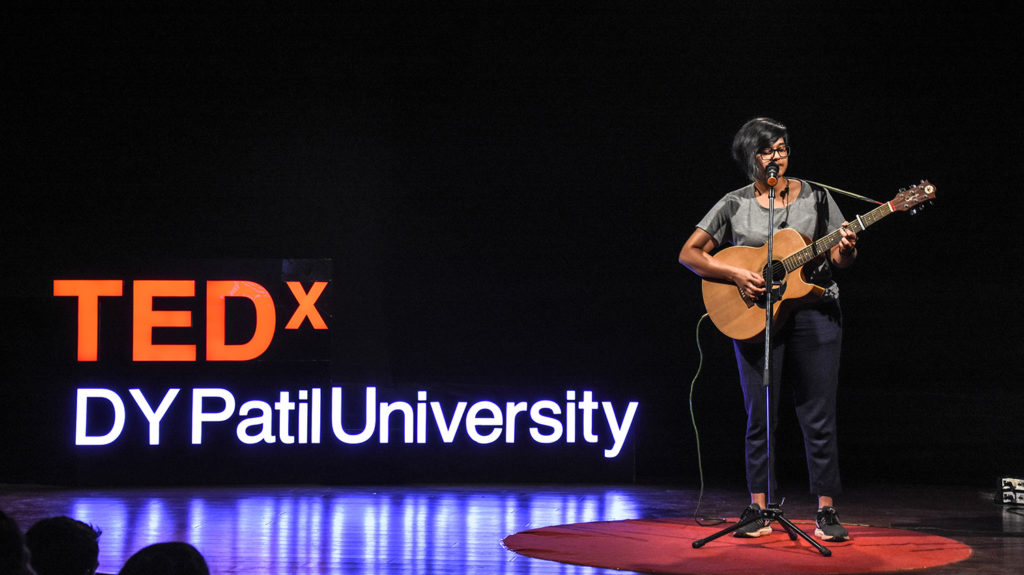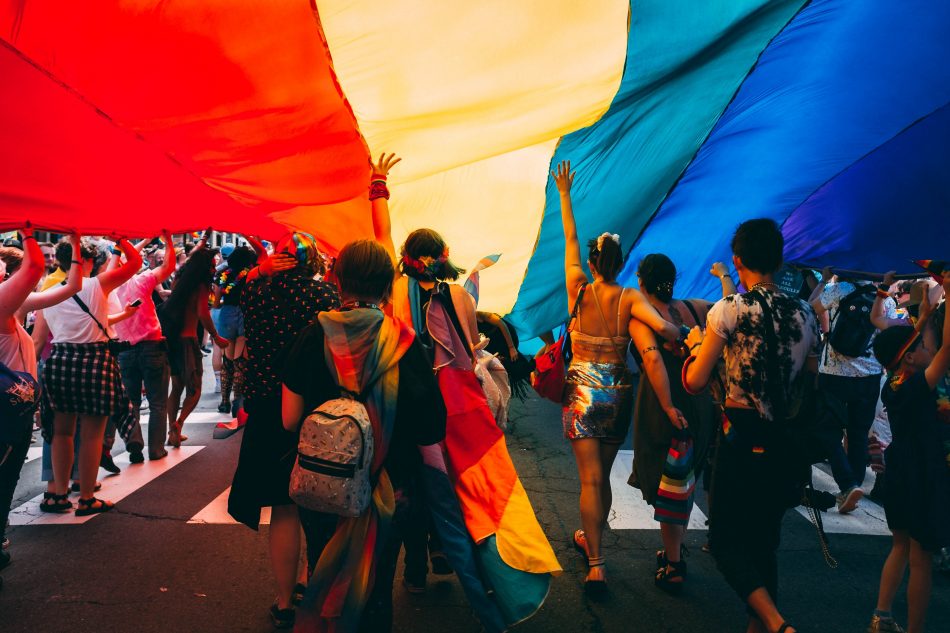Decriminalization of Section 377 has helped establish the LGBTQIA+ community as a part of the Indian culture and not as a western idea.
Being Homosexual is a choice. You can always switch back to normal.
This is a statement that every queer individual in Indian society has heard at least once in their life. Ipsa James, a psychotherapist from Delhi, India specializes in queer therapy. When asked this question, she said,
“If being gay was a choice, why would someone put them in a position of rejection from the entire society?”

Many such individuals and organizations have protested for decades to get homosexuality decriminalized in India. Our society had always viewed homosexuality to be an influence of the western media and turned it into a taboo. Finally, on 6th September 2018, the Supreme Court of India struck down the 158-year-old law criminalizing homosexuality in India.
Section 377 of the Indian Penal Code states : Unnatural offences- Whoever voluntarily has carnal intercourse against the order of nature with any man, woman or animal shall be punished with imprisonment for life, or with imprisonment of either description for a term which may extend to ten years, and shall also be liable to fine.
The clause was based on Victorian-era mind-set of traditional Judeo-Christian moral and ethical standards. The opinion of sex was purely for reproductive functionality. It defined any non-procreative sexual activity is viewed as being ‘against the order of nature’.
The protest for the decriminalization of Section 377 was viewed by the society to be a form of ‘right to have sex’ protest.
It is so much more than who we want to sleep with. It is basically about who we want to be with, and homophobia should be viewed on similar platforms as racism and sexism.
Ipsa James, Psychotherapist, LGBTQ+ youth
The LGBTQ+ stands for Lesbian, Gay, Bisexual, Transgender, Queer and plus any other sexualities out there. This movement over the last few decades has been almost unanimously focused on repealing the IPC Section 377. After the decriminalization judges said,
“Respect for individual choice is the essence of liberty; the LGBT community possesses equal rights under the constitution.”
Menaka Guruswamy and Arundhati Katju were two of the lawyers who fought for the decriminalisation of Section 377. Supreme Court’s verdict in 2018 was not only a professional win for them, but also a personal one for the duo.
The couple opened up about their relationship with each other in an interview with CNN.After the Delhi High Court’s negative verdict of 2013 to uphold criminalisation of Section 377, the two decided that they would never let the LGBTQIA+ Indians be invisible again.
People from the queer community had always faced difficulties talking about their sexualities to others. James has been dealing with the cases of people from the LGBTQIA+ community for the past few years.
“When I meet with a person for therapy, I always felt like they were more comfortable talking about their sexuality after the whole Section 377 incident. People had a kind of fear when it came to understanding the queer community before that.”
She goes on to add that the fear people had in their mind regarding the queer community was because they were unaware and uneducated on this matter. Reading up on the history, exploring, meeting people who have gone through this can help the society understand that this is not unnatural or foreign to us.
This law instilled fear in its citizens. People couldn’t be who they wanted to be in society. The decriminalization of Section 377 has helped people become more vocal about their choices, especially their sexuality.
Teenasai Balamu, famously known as the GrapeGuitarBox is a Bangalore-based singer, song-writer. She came out to her family two years ago as queer and there has been no looking back since.
“I feel the decriminalization of Section 377 has helped the community become more visible and when there is a law protecting you, the fear of being put behind the bars for loving someone you want is gone.”

Being accepted as the person you are is one of the main issues faced by the LGBTQIA+ community in India. Homosexuality has been viewed as an influence from the western media, but India’s idea of sexuality before the colonial rule was quite different.
There are evident examples in art, literature, religious texts, sculpture and folklore. In scholars Ruth Vanita and Saleem Kidwai’s groundbreaking essay collection on same-sex love in India, Hindus embraced a range of ideas on gender and sexuality as far back as the Vedic period, around 4000 B.C.
The preface of ‘Same Sex Love in India: A Literary History‘ quotes
“We do not agree with those social scientists who argue that this commonality was an invention of Western Orientalists. In one sense, all commonality is an invention, but this particular invention predates the advent of the British by centuries.”
Hinduism’s sacred texts tell tales of same-sex love and gender-fluid figures. The Hindu deity such as Shiva is worshipped as a multi-gendered person in what’s known as his Ardhanarishvara form. Hindu texts refer to a “third gender” and in popular dialect are referred to as “Hijras”, who are known to play a social and religious role in everyday life.
In the Kama Sutra, one of the most celebrated literature on sex and sexuality, there is a reference to ‘Svairini’ who is said to be a liberated woman who co-habitats with another woman.
India was rather a more accepting place for its citizens before the British established the Section 377. India is a secular country where people from all religion and caste live. Most of the people protesting for the rights of the LGBTQIA+ community grew up in the ’80s, ’90s, and ’00s and didn’t have a lot of exposure to the queer community.
Balamu says she was very confused when she first discovered her feelings for a girl in high school. There was no representation of a brown queer girl in the media or internet and there was no way she could relate her situation to anyone.
People consume media which they can relate to because it helps a person feel like they are understood. Only in the last few years, people like famous YouTuber and Late Night Show host Lilly Singh previously known as iiSuperwomanii, well-known fashion designer and of the TV show host of Netflix’s Queer Eye, Tan France, etc. have become the face of a South-Asian queer person in the mainstream media by sharing their stories openly in public. Before that, even though people were aware of the concept of Homosexuality, it wasn’t widely accepted or even considered to be ‘normal’.
People living in many other states in India are still not exposed to the concept of homosexuality. A few years back, Balamu was not sure where she could even meet people from the LGBTQIA+ community in Bangalore, India.
“I remember meeting someone on Tinder, and then they would know someone, who knew another person, and this is how a person would know a community of people who identify as queer.”
Internet and dating apps have caused a lot of homophobic and bullying incidents, some to the extent to which the safety of a person has been compromised. People have been beaten up and called offensive slurs.
These kinds of incidents usually drive people in the queer community to go down the self-harm and drug addiction road quite often because they feel alienated. James says going into therapy can help a tonne.
I have seen a decrease in such cases because more people come into therapy after the decriminalization and talk about the issue, which helps them with closure.
Ipsa James, Psychotherapist, LGBTQ+ youth
‘Going to therapy’ in Indian society is equal to being a crazy person. Therapy has helped people facing day-to-day issues. Situations like these could help a person from taking a wrong step.
People believe what they are told to believe. Homosexuality being a western idea is one such thing among many others. Categorizing homosexuality as ‘unnatural’ was something the Britons did in almost 150 years ago and a colonized mind passed it on for more than a century.
Decriminalization was a step in the right direction, and it has helped the community be more noticeable which will help the coming generations to understand homosexuality better. But our society has a long way to go before we completely accept the LGBTQIA+ community with open arms.

